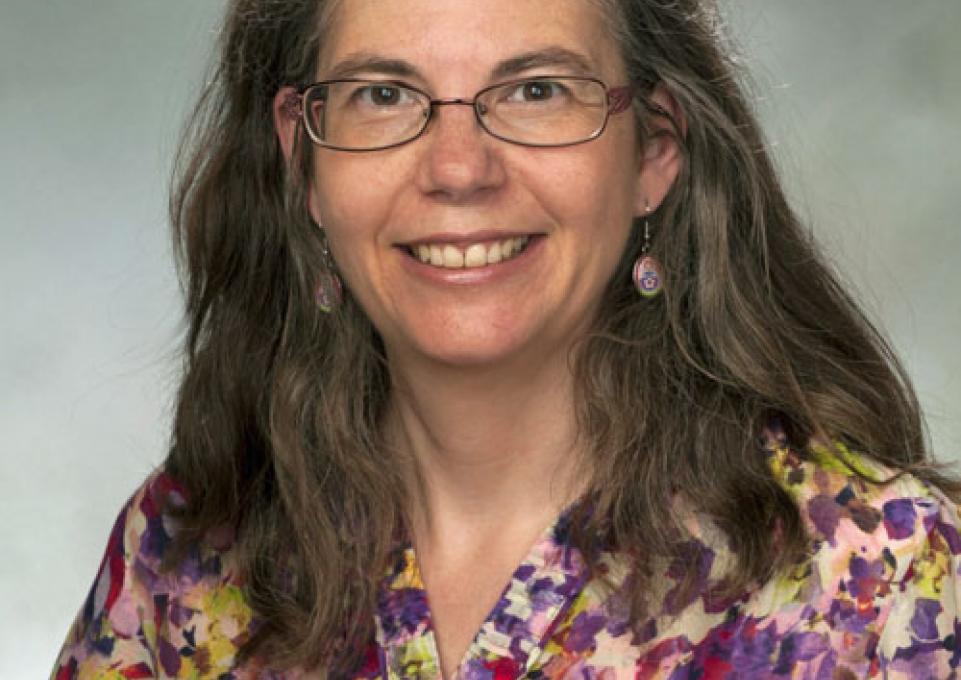
When Buffalo State English professor and children’s literature expert Karen Sands-O’Connor met her husband, Keith, she asked him the question she asks most people: "What was your favorite children’s book?"
He responded that he didn’t enjoy reading books as a child because he didn’t see himself reflected in the stories. A 48-year-old of Jamaican descent, Keith O’Connor grew up in Birmingham, England, where the available books only featured white characters. This stark lack of characters of color, especially black characters beyond the slave narrative, prompted Sands-O’Connor to shift her research into black British children’s literature while completing her doctorate at the University of Wales. She is now considered one of the foremost experts in the world in this area.
Sands-O’Connor, who joined the English Department in 1997, has taught some 20 different courses, but she primarily focuses on children’s literature and twentieth-century British literature. She recently started a blog on race in children’s literature in which she writes about everything from publishing trends to critiques of children’s books.
She noted that children’s literature has grown more diverse, both in authors and subjects, in recent years, but only slightly. According to a study she points to out of the Cooperative Center for Children’s Books at the University of Wisconsin-Madison, the number of books about African Americans, Asian Americans, Latinos, and American Indians has increased in the past few years. However, the numbers are not significantly higher and they represent only a tiny percentage of the books published in any given year.
This is a subject Sands-O’Connor will have the chance to study further during her sabbatical in 2015–2016. She was invited to serve as a visiting professor for the next academic year at Newcastle University in England. Along with presenting several lectures for both students and the public, Sands-O’Connor will conduct research on how independent and mainstream publishers make decisions on what books to publish for a black British audience. She also will work with the National Center for Children’s Books to put together an exhibition of black British Children’s Literature.
"We want to raise awareness and show people what books are available and what makes good and not-so-good diverse texts. Hopefully, this will eventually result in more and better publications," she said. "I would like for all kids to have access to diverse books of good quality so that adults like my husband will never look back (on their childhood reading options) and say, 'I wasn't there.'"
